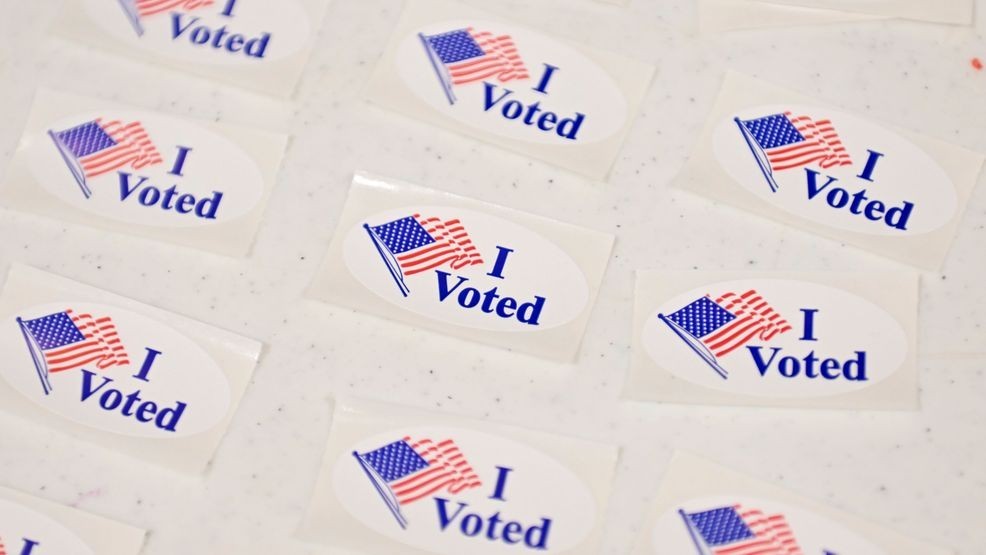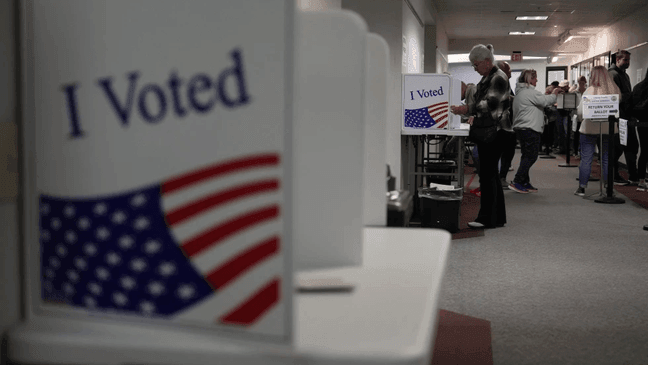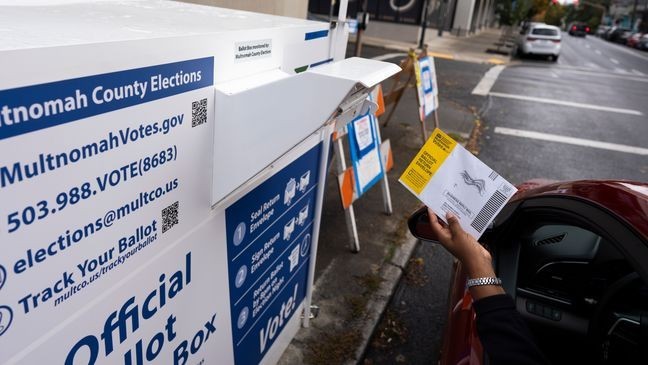Social pressure or voter intimidation? Debate surrounds controversial voting report cards
WASHINGTON (TNND) — Voters across the country have received letters in the mail that show their personal voting history, along with their neighbor's voting history. The group behind the tactic says they're just aiming to get out the vote, but some of these voters and election officials call it "voter intimidation."
The mailer is a "voting report card." The Maryland Attorney General's Office provided an example of one in a press release.
Kevin Smith, from Columbus, Ohio, immediately ripped his up after getting it in the mail. The letter had his voting record, and his neighbors', from the last few election years. Smith said the bottom of the letter ended with what one could consider a threat.
"At the end, it said, we are reviewing your records after this election to determine whether you joined your neighbors in voting," Smith said.
Lynn Heider from Oregon City, Oregon, experienced the same thing.
This could be intimidating language to some. You know, a first-time voter or an older voter," Heider said.
The Center For Voter Information is behind these mailers.
The Baltimore Sun reportsthe Center For Voter Information's President and CEO is Tom Lopach, a longtime Democratic political operative. The Sun reportedthat Lopach said "The single most effective tool at increasing voter turnout is social pressure," and "If this is the most effective tool to increase voter turnout, especially with underrepresented populations, then it's a tool we should be using."
Dr. Stephen Medvic, a government professor at Franklin & Marshall College, doesn't think it's quite at the level to be considered intimidation.
I understand that people might feel that's a little bit invasive and a bit kind of creepy even, but I really, I think I'd hesitate at least to call that intimidation," Medvic said.
Medvic said a voter's record is public information and these mailers are just trying to get people to vote.
"When we use the term voter intimidation, what we mean by that is an attempt to dissuade or pressure somebody not to vote, or in some way to coerce them to vote for a particular candidate," Medvic said.
Regardless of the definition of voter intimidation, the mailers have already gotten the attention of state officials across the country. Maryland's Attorney General issued the Center For Voter Information a cease-and-desist letter, saying in part:
Any action that intimidates prospective voters, especially on the eve of such a consequential election, will not be tolerated.
The voters who received these letters didn't resonate with the overall message and goal.
"I don't feel like the organization did a very good job saying why they're sending this out. What are they trying to do?" Heider said.
"I think that’s the whole wrong way to go about this. There's lots of ways you can encourage people to get out and vote without this sort of, hey, we're going to be reviewing your voting records and keeping an eye on you." Smith said.
The Center For Voter Information shared their letter to Maryland's Attorney General.
"It is troubling that you would characterize these very standard GOTV messages, using typical “social pressure” language, as “threatening” and “intimidating.” There is nothing in the content of these letters that constitutes a violation of Maryland or Federal law. It is not “intimidating” or “threatening” to promote voting by discussing neighborhood participation rates and stating that the records will be reviewed after the election to determine whether the recipient joined their neighbors in voting," the letter reads in part.



